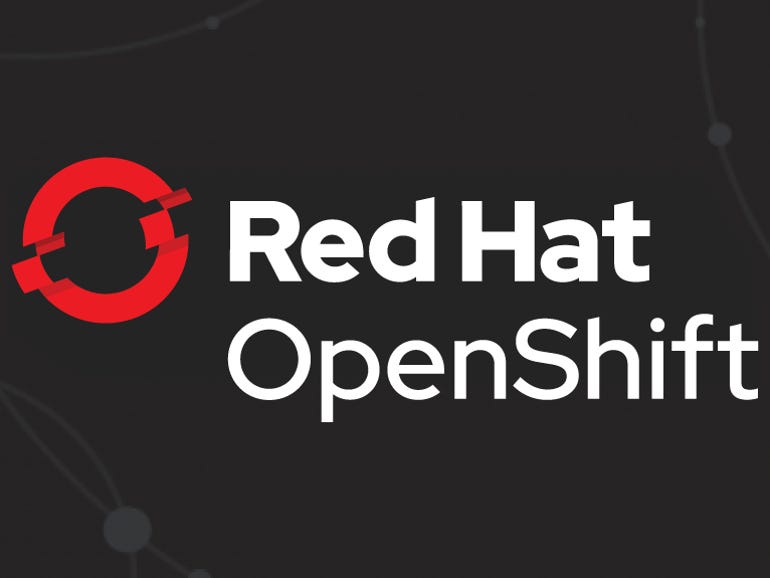
Kubernetes is great for managing containers. But, as popular as containers are, we’re still running a lot of applications on virtual machines (VM). Wouldn’t it be nice if you could use Kubernetes to orchestrate both your containers and VMs? Red Hat certainly thinks so, and with the release of Red Hat OpenShift 4.7, you can use their Kubernetes distribution to manage both your older mission-critical and newer cloud-native applications.
Red Hat’s doing this with its technology preview, Migration Toolkit for Virtualization (MTV). This will let you easily migrate VMs at scale to Red Hat OpenShift Virtualization. This, in turn, will enable developers to access legacy VMs from OpenShift. You’ll be able to quickly deploy MTV on OpenShift with OperatorHub. Migrations are performed with a few simple steps. This starts by providing source and destination credentials, then mapping the source and destination infrastructure and creating a choreographed plan, and finally, executing the migration effort.
MTV will be generally available later this year and will include extended capabilities to further reduce downtime, diminish risk, and optimize overall project success. Features will include pre-migration checks to detect potential compatibility issues, enhanced data copy functionality, and deeper automation capabilities, eliminating the need for many manual tasks during the migration effort.
These older VMs are made welcome on OpenShift by the latest version of OpenShift Virtualization. This edition’s new features and enhancements include:
- The ability to import existing virtual machines into OpenShift
- Templates for one-click VM creation
- Integration with Red Hat Advanced Cluster Management for Kubernetes, providing enhanced policy and governance across all application deployments including virtualized
Additionally, OpenShift 4.7 expands Windows Containers support. Yes, Windows containers. Besides AWS and Azure Windows Container support, OpenShift will soon support Windows Containers on vSphere using Installer Provided Infrastructure (IPI). This provides a pathway for organizations to move Windows Containers to Red Hat OpenShift regardless of where they live and without needing to completely re-architect or write new code.
The new OpenShift 4.7 also introduces a technology preview of OpenShift GitOps. GitOps uses the Git version control system as a single source of truth for declarative infrastructure and applications. With GitOps, software agents monitor any divergence between the code in your Git repository and what’s actually running on your Kubernetes clusters. When a difference is spotted, Kubernetes can automatically update or rollback the cluster depending on the case. OpenShift GitOps is based on Argo CD (continuous delivery). It delivers declarative, continuous delivery to OpenShift by integrating CI/CD tools including OpenShift Pipelines — with code repositories GitHub and GitLab — to update operations using Git workflows.
Besides its role in bridging the gap between traditional IT and cloud-native IT, Red Hat OpenShift is also making a role for itself in 5G. It’s doing this by partnering with such telecom companies as Altiostar and Mavenir, to deliver containerized open radio access networks (RAN) to the cloud.
I like this new OpenShift. As Ashesh Badani, Red Hat’s senior vice president of Cloud Platforms, said, “OpenShift 4.7 incorporates features to help organizations modernize in phases, on a timeline that makes the most sense for them and without disrupting existing services. By bringing together modern and traditional applications OpenShift is able to provide a consistent operational and management experience across all applications regardless of where they live or the underlying infrastructure.”
I don’t know about you, but I’m a big fan of having a consistent user experience across any technology stack. And that’s doubly true when it comes to systems as inherently complex as today’s powerful but complicated container-based cloud-native computing stacks.
While all its features aren’t ready for prime-time yet, OpenShift 4.7 is now available.






















